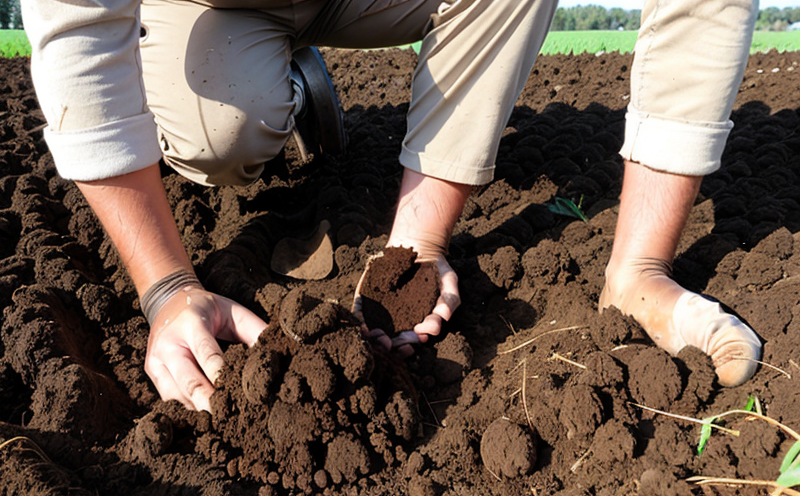Soil Microbial Diversity Testing
Understanding Soil Microbial Diversity: Soil microbial diversity is a critical indicator of soil health and fertility. The microorganisms in the soil play a fundamental role in nutrient cycling, decomposition, plant growth promotion, and disease suppression. Therefore, assessing the microbial community structure is essential for sustainable agricultural practices.
The process involves analyzing various aspects of the soil microbiome such as bacteria, fungi, archaea, and other microorganisms. This testing helps to understand the balance between beneficial and pathogenic organisms in the soil, which can impact crop yields and overall ecosystem health. Soil microbial diversity is also crucial for understanding how different farming practices affect the soil environment.
Testing methodologies often involve DNA extraction from soil samples followed by high-throughput sequencing techniques like PCR-based methods or metagenomic analysis. These approaches allow for a comprehensive examination of the entire community structure without bias towards specific taxa. The data generated can be used to identify key indicators of soil health, such as the presence of beneficial nitrogen-fixing bacteria or disease-suppressing fungi.
Compliance with international standards ensures reliable and consistent results across different regions and laboratories. Key standards include ISO 14685:2013 for microbiological quality assurance in agricultural products, which mandates stringent testing protocols to ensure product safety and efficacy.
| Applied Standards |
|---|
| ISO 14685:2013 – Microbiological Quality Assurance in Agricultural Products |
The testing process typically starts with soil sample collection, which should follow strict protocols to avoid contamination. Proper preparation of samples is crucial for accurate results. This may include homogenization and dilution steps before DNA extraction.
Applied Standards
| Standard | Description |
|---|---|
| ISO 14685:2013 | Microbiological Quality Assurance in Agricultural Products |
Eurolab Advantages
Expertise and Experience: Eurolab has been at the forefront of agricultural testing for over two decades, offering unparalleled expertise in soil microbial diversity analysis. Our team comprises highly qualified scientists with extensive experience in both theoretical knowledge and practical application.
We utilize state-of-the-art facilities equipped with advanced instrumentation to provide accurate and reliable results. This ensures that our clients receive the most precise insights into their soil health and fertility status. Additionally, we offer comprehensive reporting services tailored to meet individual client needs, ensuring clear communication of findings.
- Highly qualified scientists
- Advanced instrumentation
- Comprehensive reporting
Why Choose This Test
- Promotes sustainable agricultural practices by identifying key indicators of soil health.
- Assists in making informed decisions about farming practices that positively impact the environment.
- Aids in optimizing crop yields through better understanding of nutrient cycling within the soil ecosystem.
- Ensures compliance with international standards, enhancing market access and reputation.





